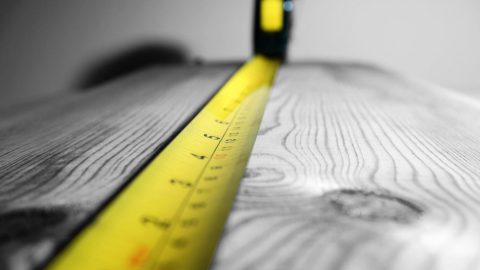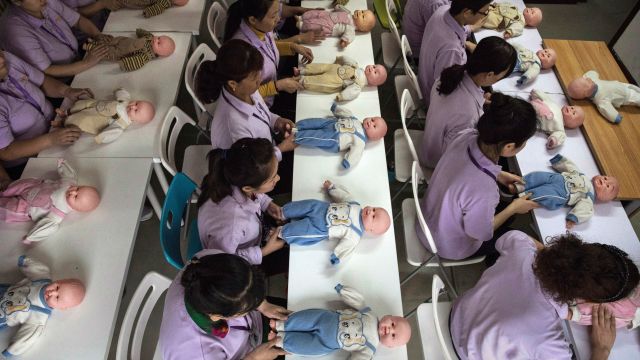Measuring religion

Ever since Donald Trump stumped the pollsters and prognosticators, winning an election that most pundits never predicted, the American people have been skeptical of the trustworthiness of polling data.
That seems to be especially true of polls reflecting the views of “religious people,” particularly those who self-identify as “Christian.” What does the term even mean?What does the label “evangelical” mean? Polls said that 80-81% of white evangelicals voted for Trump, prompting many white evangelicals to say, “Wait, I didn’t vote for him. Who are these people?”
For decades, white evangelicals have certainly leaned decidedly Republican at the voting booth, ostensibly because they believe Republicans are the party of “family values” and the “sanctity of life.” But then they voted for a man who, to many observers, is the very antithesis of those things. Many self-identifying “evangelicals” have since decided the label has become so politicized, so twisted and co-opted by a far-right Tea-Party-esque GOP, that they decided to abandonthe term“evangelical”altogether.
All to say, it’s important to define these terms accurately, and for pollsters to get on the same page about what exactly the words mean. Because if “evangelical” means one thing to one polling service and something else to another, then what are the polls really telling us?
But even then, those taking the polls—regular people who agree to a brief interview after leaving the voting booth, or who just answer the phone when a pollster calls—will always self-identify in whatever way they deem right, so the system will never be perfect.
“In an era of rapid technological advances, the measures and methods used to generate data about religion have undergone remarkably little change,” write editors Christopher D. Bader and Roger Finke, sociologists at Chapman and Penn State, respectively. “Faithful Measures pushes the study of religion into the 21st century by evaluating new and existing measures of religion and introducing new methods for tapping into religious behaviors and beliefs.”
“Measuring religion well in social science is exceedingly difficult, especially when comparing different societies and religious traditions,” adds Christian Smith, a Notre Dame sociology professor, in endorsing the book. “Serious efforts to improve and diversify measures of religion have, with few exceptions, been woefully lacking. Faithful Measures offers a decisive intervention in that situation.”
And in a review for the Association of Religion Data Archives, David Briggs notes that the book includes 12 essays from “leading religion researchers across academic disciplines [who] explore an array of evolving approaches that can help deepen understanding of the role of religion in public and private lives today. They include ways to compare polls on factors from survey methodology to question wording for a clearer understanding of their value and potential bias.
“Measuring religiosity is not as simple as weighing out a pound of ground beef or pouring a liter of wine . . . It comes with the responsibility to be faithful in measurements, and intellectually humble enough to be open to new ideas and new findings.”
The post Measuring Religion appeared first on ORBITER.





